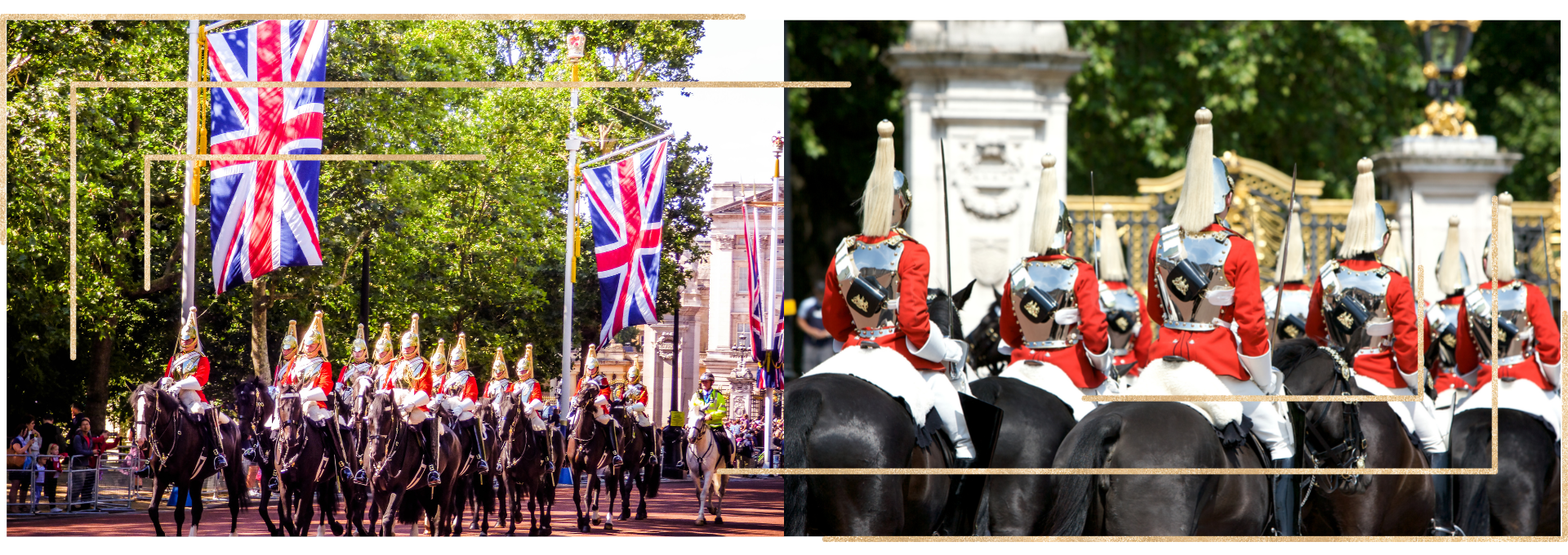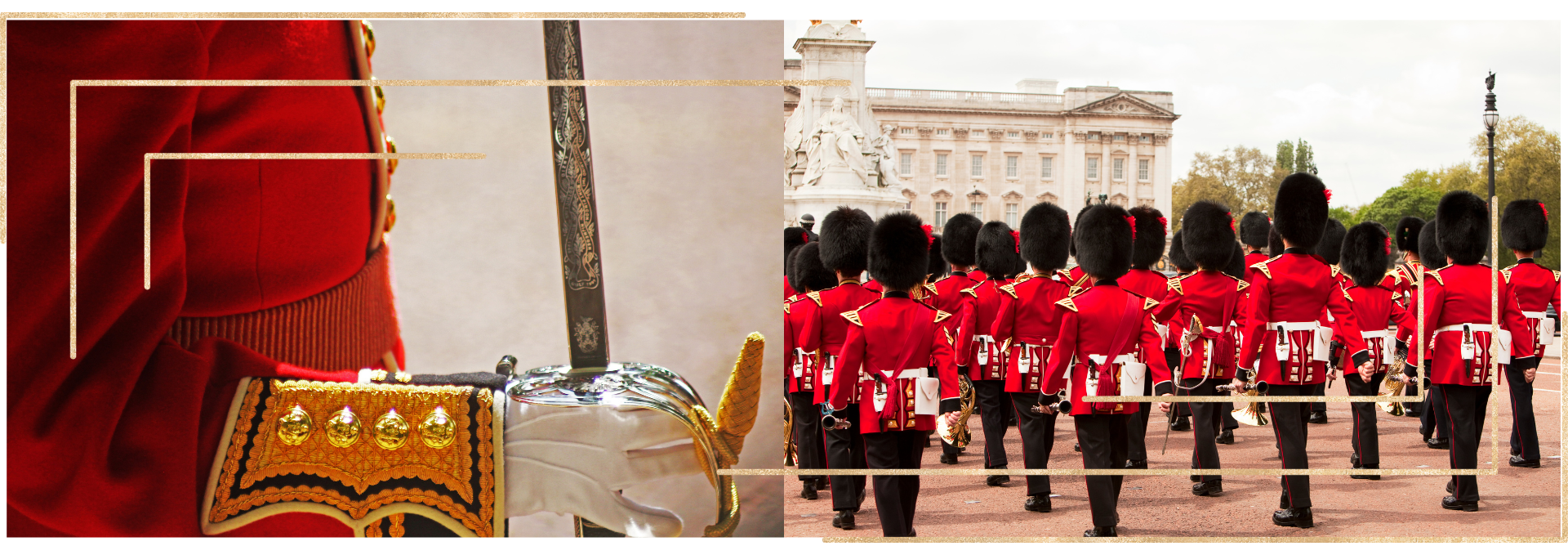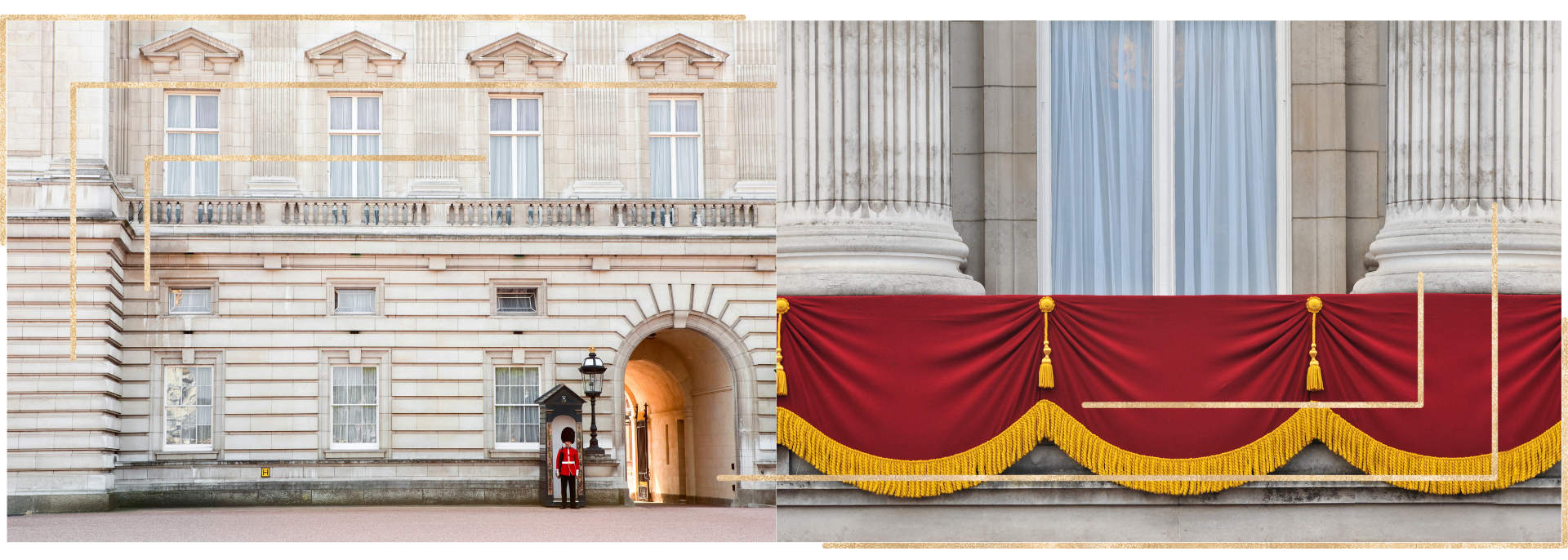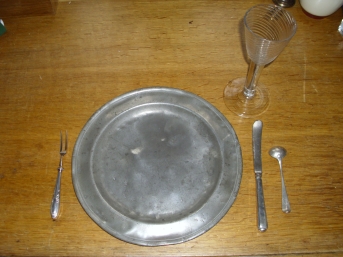In a recent blog my brother raised the question of why do we eat peas by pressing them on the back of the fork? To answer this question we need to consider the history of both forks and peas!
First peas, this useful vegetable has been cultivated in Britain for hundreds of years, but before the eighteenth century they were not eaten green. They were harvested and dried and formed an important source of carbohydrate in the diet. Whole dried peas, or pea flour, were cooked in a variety of ways. A very common dish was peas pudding or peas pottage, this had the advantage that it could be cooked then eaten cold, it would ‘come again’ as the saying was, become even tastier when it had been allowed to rest in the pot for a few days. Hence the rhyme
Peas pottage hot, Peas pottage cold,
Peas pottage in the pot nine days old.
Some like it hot, Some like it cold,
Some like it in the pot nine days old.
Then, during the eighteenth century, potatoes were grown widely and took over from peas as the main source of vegetable carbohydrate in the diet, whilst new varieties of peas were developed and eaten green, especially with duck. But how did you eat these new, tiny, vegetables?
Forks had only become widespread in Britain in the late seventeenth century, but they were two pronged. This pair of tines made them very effective at picking up pieces of meat and vegetable that can be pierced, but not really peas. So how were peas eaten, I had long puzzled over that, ever since I first saw a set of eighteenth century cutlery, then I found a wonderful passage in Cranford (written in 1851) which explained everything. The young narrator had been taken on a visit to an old fashioned farmer, they sat down for dinner;
When the ducks and green peas came, we looked at each other in dismay; we had only two-pronged, black-handled forks. It is true the steel was as bright as silver; but what were we to do? Miss Matty picked up her peas, one by one, on the point of the prongs, much as Aminé ate her grains of rice after her previous feast with the Ghoul. Miss Pole sighed over her delicate young peas as she left them on one side of her plate untasted, for they would drop between the prongs. I looked at my host: the peas were going wholesale into his capacious mouth, shovelled up by his large round-ended knife. I saw, I imitated, I survived! My friends, in spite of my precedent, could not muster up courage enough to do an ungenteel thing; and, if Mr Holbrook had not been so heartily hungry, he would probably have seen that the good peas went away almost untouched.

A two tined fork, probably continental
This is possible, after a little practice I found that it is easy to use a rounded ended eighteenth century knife to lift peas up to the mouth. However the diner has to lean forward to eat the food, and this is not that comfortable in the costume of the period, tight waistcoats and jackets for the men and stays for the women tend to encourage an upright stance. Over time additional prongs were added to the fork to give the three or four tined version we use today. A tidier, more effective, indeed more genteel, method was developed. By pressing the peas on the fork the cutlery could remain in the hand all the time, and there would be no need to alter the angle at which it was held. Food could be combined before it was placed in the mouth, a piece of duck as well as peas for example. Also it meant that there was now no need to put the knife in the mouth, this rapidly became something that ‘is not done’, indeed some people have expressed shock and horror at the idea that Jane Austen might have put her dinner knife in her mouth .

Round ended knife, British but marks very worn, Spoon is English from 1807
Across the Atlantic, peas had been eaten on the knife as they had in Britain, however it seems that there they didn’t take up the new fashion. The multi-tined fork arrived but, until well into the nineteenth century, eating with the knife was still common practice in the United States, to the horror of visitors such as Charles Dickens. Eventually Americans learned just to use the knife for cutting and spreading, and took to using the fork to scoop up peas and other food. Tossing the fork from hand to hand as one early twentieth century commentator said.
So that was one change that affected the way we ate two hundred years ago. There are others, when you look at the way the place was laid you might be able to spot a few, and I will consider these in my next post. — Reprinted with permission from Gordon Lepard. com via The Curious Archaeologist



















